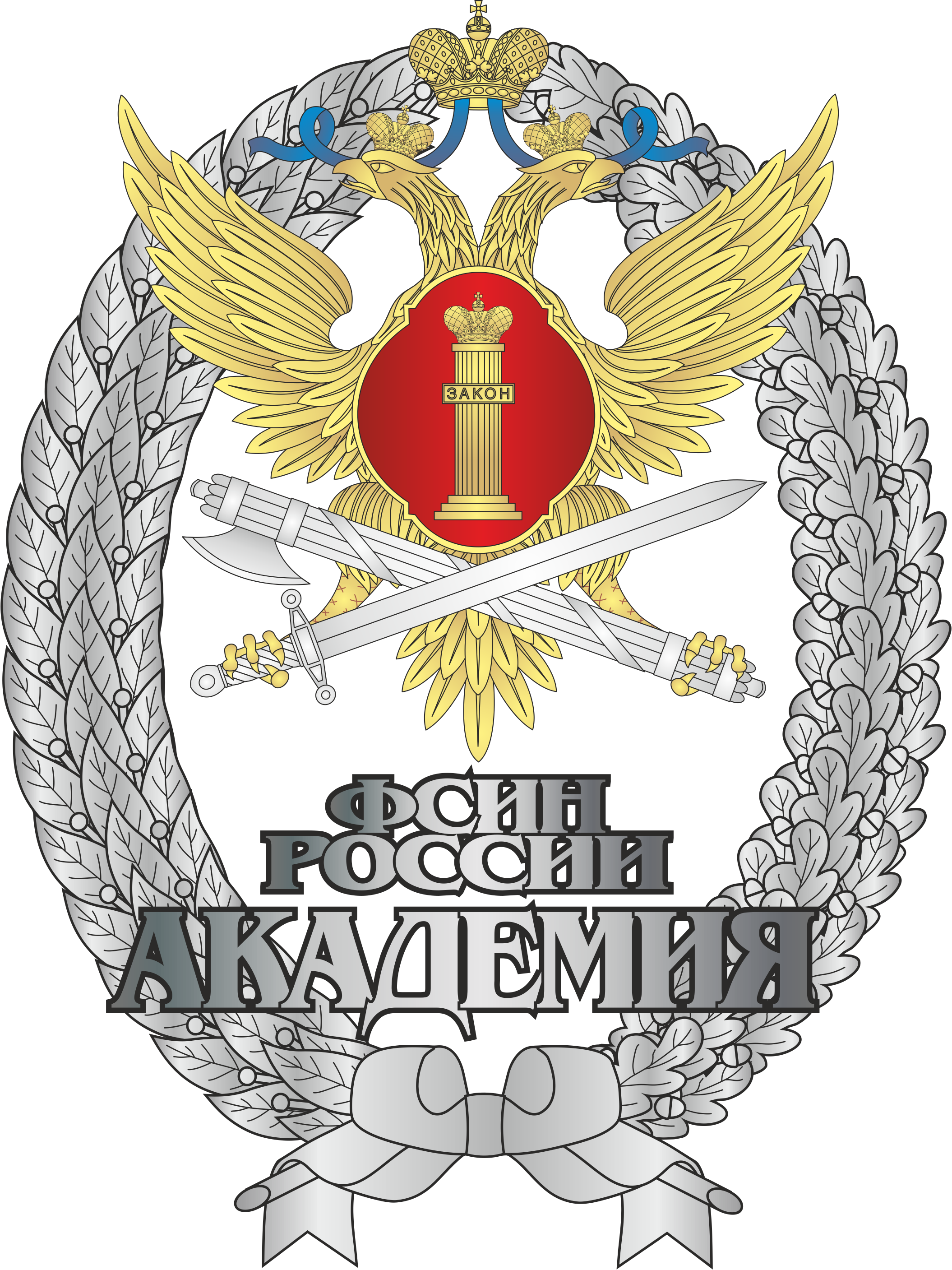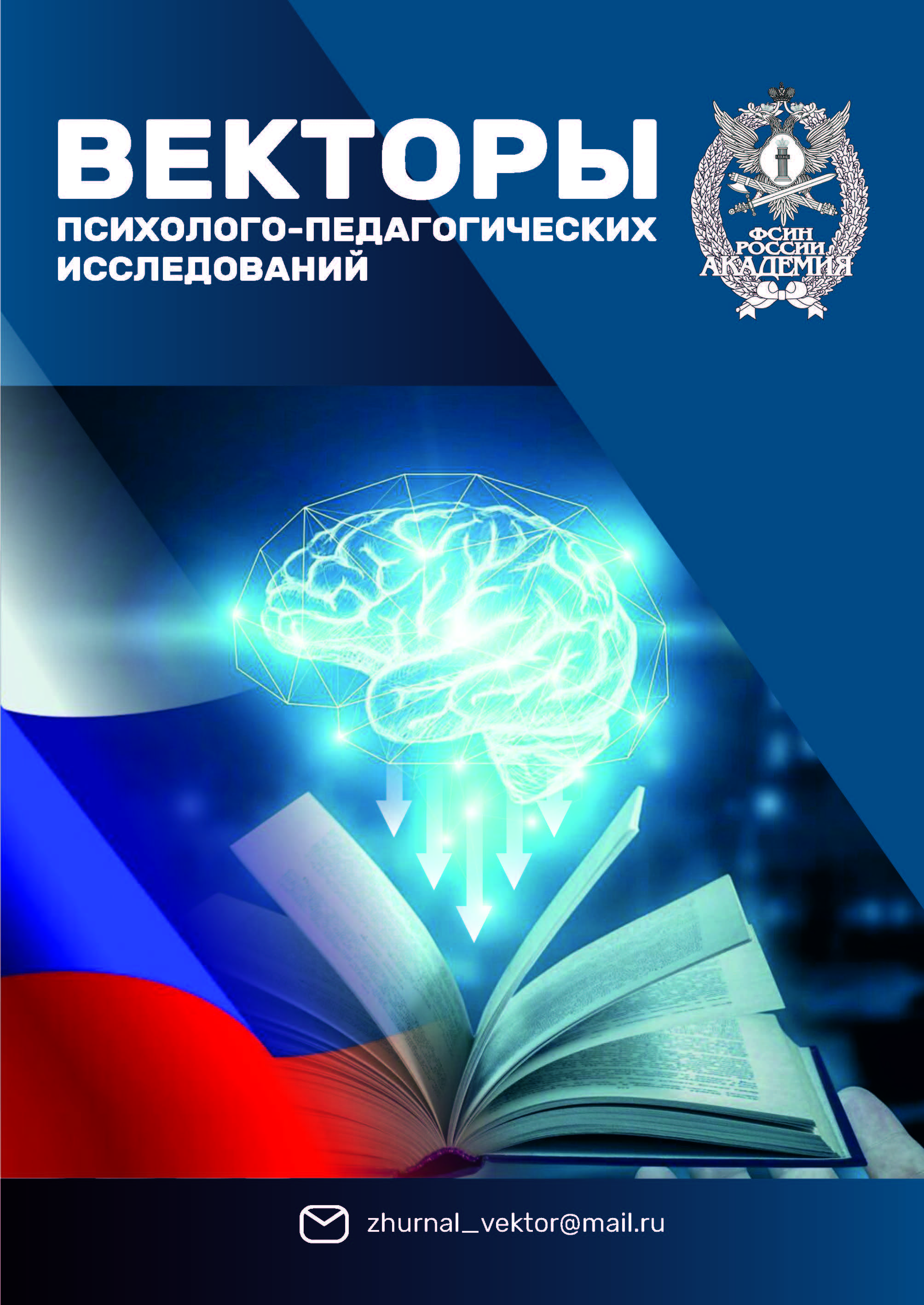Moscow, Russian Federation
UDC 37.01
Socrates and Plato, laying the foundation of theoretical pedagogical knowledge, on the one hand, showed that the virtues, which they understood as knowledge, cannot be taught to a person by transferring appropriate knowledge to him. On the other hand, Plato considered the possibility of teaching virtue through the mentor's support of the student's efforts to recall the true knowledge that is contained in his soul.
Arete, teaching virtue as an aid to the recollection of truth by the soul, Plato, Socrates, Plato's dialogues "Protagoras", "Menon", "Theaetetus", theoretical knowledge
1. Astafyeva, E. N. 2021, ‘Tasks and ways of comprehending the pedagogical past in the context of the problems of theory and practice of modern education’, Innovative projects and programs in education, iss. 3, pp. 31–37.
2. Astafyeva, E. N. 2019, ‘The study of pedagogical innovations in the historical and pedagogical context’, Innovative projects and programs in education, iss. 1, pp. 62–66.
3. Astafyeva, E. N. 2021, ‘Russian researchers on the cognitive potential of historical and pedagogical knowledge: the second decade of the XXI century’, Innovative projects and programs in education, iss. 6, pp. 36–45.
4. Astafyeva, E. N. 2023, ‘Theory and practice of modern education in the space of the historical and pedagogical process’, Innovative projects and programs in education, iss. 3, pp. 35–39.
5. Refugee, M. S. 2022, ‘The multidimensional nature of the human problem in ancient philosophy in the light of the teachings of Socrates’, Culture and civilization, iss 1(15), pp. 97–103.
6. Bezdukhov, V. P. 2022, ‘Education of a virtuous student as a multidimensional process’, Samara scientific Bulletin, vol. 11, iss. 3, pp. 235–240.
7. Boyko, O. A. 2021, ‘Plato's doctrine of the soul’, International Journal of Humanities and Natural Sciences, iss. 10-1(61), pp. 67–72.
8. The Great Explanatory Dictionary of the Russian language 2019, in D. N. Ushakov (ed.), Standard, Moscow.
9. Kanto-Sperber, M. (ed.), 2006, Greek Philosophy, vol. I, trans. from French by V. P. Gay- damak, M. A. Grafova, The Greek-Latin cabinet of Yu. A. Shichalin, Moscow.
10. Drobnitsky, O. G. 1977, Problems of morality, USSR Academy of Sciences, Institute of Philosophy, Nauka, Moscow.
11. Efremova, O. N. 2015, ‘Self: prerequisites of modern definition’, National Association of Scientists, iss. VIII (13), pp. 160–163.
12. Zudilina, N. V. 2019, ‘The influence of the meanings of the Greek concept "ἀρετή" on the semantics of the Latin concept "virtus" as one of the reasons for the polysemantic concept "virtual" in the XX–XXI century’, Logos et Praxis, vol. 18, iss. 1, pp. 5–14.
13. Ivonin, Yu. P. & Ivonina, O. I. 2019, ‘Plato's Political anthropology’, Ideas and Ideals, vol. 11, iss. 1, pt. 1, pp. 103–128.
14. Yeager, V. 1997, ‘Paideia: The Upbringing of an ancient Greek: (The era of great educators and educational systems)’, trans. from German by M. N. Botvinnik, vol. 2, "Greek-Latin cabinet" by Yu. A. Shichalin, Moscow.
15. Kameneva, O. L. 2019, ‘Ethics of virtue in pedagogy: perfection as the goal of moral education’, Pedagogical journal, vol. 9, iss. 1A, pp. 508–517.
16. Kornetov, G. B. 2021, ‘The myth of the invention of writing in Plato's dialogue "Phaedrus": a modern understanding of the idea of Socrates and Plato about the advantage of the spoken word in learning (Article 1). The content of Plato's myth about the invention of writing and its actualization in the era of information and communication technologies’, Innovative projects and programs in education, iss. 1, pp. 16–27.
17. Kornetov, G. B. 2021, ‘The myth of the invention of writing in Plato's dialogue "Phaedrus": a modern understanding of the idea of Socrates and Plato about the advantage of the spoken word in learning (Article 2). Interpretation of the myth of Plato in the works of J. Derrida and M. Foucault’, Innovative projects and programs in education, iss. 2, pp. 33–44.
18. Kornetov, G. B. 2021, ‘The myth of the invention of writing in Plato's dialogue "Phaedrus": a modern understanding of the idea of Socrates and Plato about the advantage of the spoken word in learning (Article 3). Interpretation of the Plato myth in Russian studies of the 2000s–2010s’, Innovative projects and programs in education, iss. 3, pp. 19–30.
19. Kornetov, G. B. 2021, ‘On the importance of live communication between a mentor and a student, an oral word of a teacher in modern education’, Innovative projects and programs in education, iss. 5, pp. 6–12.
20. Kornetov, G. B. 2023, ‘The problem of teaching virtue in the context of the ideas of Socrates and Plato (Article 10). Problem statement. Ascent to arete’, Innovative projects and programs in education, iss. 6, pp. 18–29.
21. Kornetov, G. B. 2021, Oral and written speech in the mentor's activity: pedagogical interpretation of Plato's dialogue "Fedr" in the era of ICT and digitalization of education, Ministry of Education of the Moscow Region, Academy of Social Management, Russian-Italian Council for International Studies of the History of Childhood, Education and Pedagogy, ASOU, Moscow.
22. Kremer, G. I. 2014, Arete according to Plato and Aristotle, trans. from German by D. V. Sklyadnev, IMHO-PRESS, St. Petersburg.
23. Mayeutics, viewed 4 March 2024, https://bigenc.ru/c/maievtika-9735e1.
24. Mochalova, I. N. 2014, ‘Is it possible to learn virtue’, Bulletin of the Russian Christian Humanitarian Academy, vol. 15, iss, 4, pp. 44–50.
25. Nikishov, S. N. 2007, ‘Memory in the ideas of thinkers of Ancient Greece’, Engineering technologies and systems, iss. 2, pp. 73–75.
26. Stepin, V. S. (ed.) 2010, The New Philosophical Encyclopedia, in 4 vols, vol. 1, A–D, Institute of Philosophy of the Russian Academy of Sciences, National Socio-Scientific Foundation, Mysl, Moscow.
27. Bim-Bad, B. M. (ed.) 2002, Pedagogical encyclopedic dictionary, Great Russian Encyclopedia, Moscow.
28. Petrova, G. I. 2013, ‘Philosophical origins of the spiritual aura of the classical university’, Bulletin of Tomsk State University, iss. 4 (12), pp. 241–245.
29. Kornetov, G. B. (ed.) 2000, Plato, Shalva Amonashvili Publishing House, Moscow.
30. Losev, A. F., Asmus, V. F. & Tahoe-Godi, A. A. (eds) 1990, ‘Plato. Menon’, Plato. Collected works, trans. from ancient Greek, in 4 vols, vol. 1, Thought, pp. 575–612, Moscow.
31. Losev, A. F., Asmus, V. F. & Tahoe-Godi, A. A. (eds) 1990, ‘Plato. Protagoras’, Plato. Collected works, trans. from ancient Greek, in 4 vols, vol. 1, Thought, pp. 418–476, Moscow.
32. Losev, A. F., Asmus, V. F. & Tahoe-Godi, A. A. (eds) 1993, ‘Plato. Theaetetus’, Plato. Collected works, trans. from ancient Greek, in 4 vols, vol. 2, Thought, pp. 192–274, Moscow.
33. Losev, A. F., Asmus, V. F. & Tahoe-Godi, A. A. (eds) 1990, ‘Notes’, Plato. Collected works, trans. from ancient Greek, in 4 vols, vol. 1, Thought, pp. 682–842, Moscow.
34. Tarasova, L. V. 2017, ‘From αρετη to παιδεια: sacred aspects of citizen education in Ancient Greece’, Bulletin of the Perm National Research Polytechnic University. Culture. History. Philosophy. Right, iss. 1, pp. 45–53.
35. Lebedev, S. A. (ed.) 2007, Philosophy of Science, 5th edn, Academic Project, Alma Mater, Moscow.
36. Shabelnikov, V. K. 2013, History of psychology. Psychology of the soul, 2nd edn, Academic Project, Gaudeamus, Moscow.
37. Shevtsov, K. P. 2018, Philosophy of Memory, Russian Christian Humanitarian Academy, Publishing House of the Russian Academy of Sciences, St. Petersburg.









